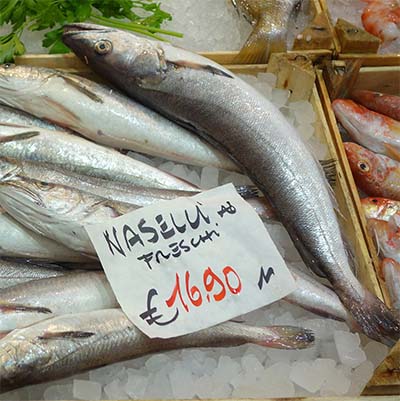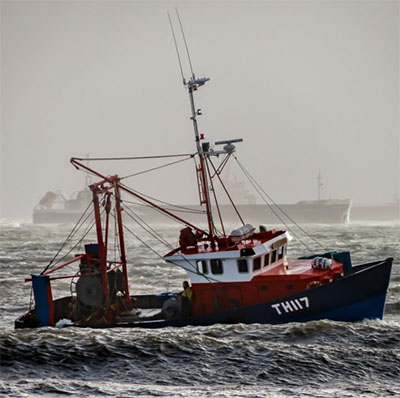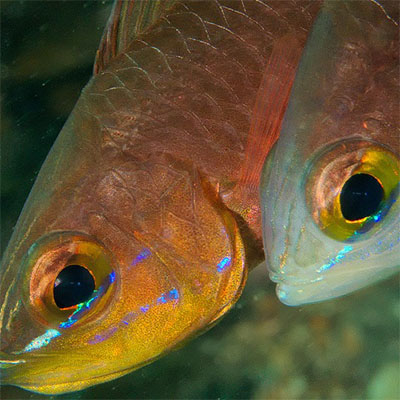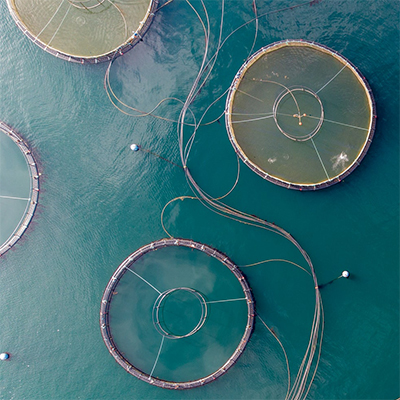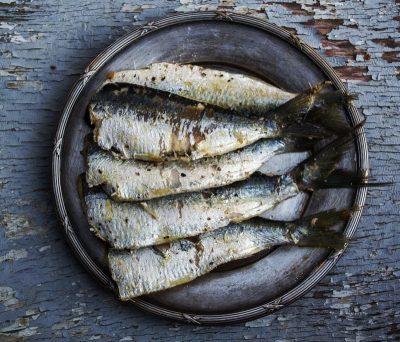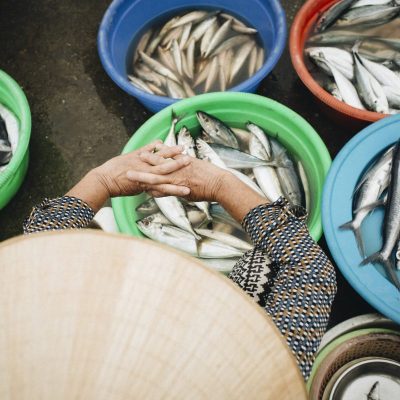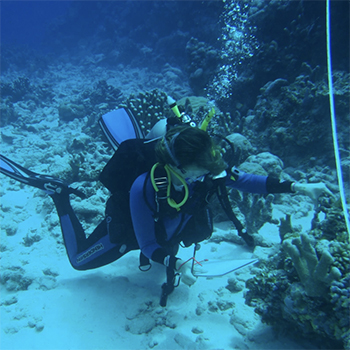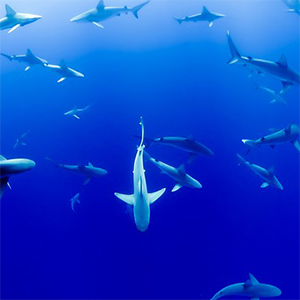Europe’s most valuable marine species “reduced to a fraction” of their current population size by 2100
Over one quarter of Europe’s 20 most highly-fished marine species will be under extreme pressure by 2100 if nothing is done to simultaneously halt climate change, overfishing, and mercury pollution
Nearly half of countries’ shared fish stocks are on the move due to climate change, prompting dispute concerns
The study tracked the shifting ranges of 9,132 transboundary fish stocks, which account for 80 per cent of catch taken from the world’s EEZs, starting in 2006 and projecting to the year 2100.
Data confirm link between respiratory stress and fish reproduction
A consistent metabolic ratio found across 133 Chinese marine and freshwater fish species provides new evidence in support of the idea that fish become sexually active – and spawn for the first time – in response to growth-induced respiratory stress.
Global demand for aquatic foods set to nearly double by 2050
Improvements to aquaculture production, lower prices, and changing cultural preferences expected to drive up demand for fish, seafood and seaweed, according to new research.
Climate change creates ‘double jeopardy’ for fish-dependent countries, finds first study of its kind
A new study highlights the importance of collective action to boost resilience across all aquatic food systems to stave off the worst effects of climate change.
Kyra St. Pierre wins Banting Fellowship
The fellowship, for postdoctoral fellows, is to develop recipients’ leadership potential and is granted based on the applicant’s research excellence, the quality of their proposed research, and the match between the applicant and the strategic priorities of their academic institute.
‘Sticky questions’ raised by study on coral reefs
Study found coral in more polluted and high traffic water handled extreme heat events better than a more remote, untouched reef.
Ecosystem modelling paints a devastating picture for top marine predators by 2099
Without effective carbon mitigation the ocean would lose 18% of animal biomass by 2099 relative to the present day.
